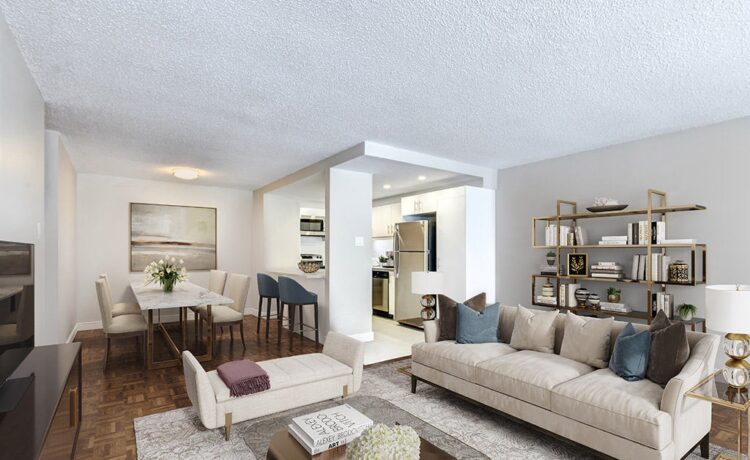Navigating apartment leases can be crucial in securing your new living space. Whether you are a first-time renter or a seasoned tenant, understanding apartment leases is essential to a smooth rental experience. A lease is a legally binding contract between you and your landlord outlining the terms and conditions of your tenancy.
Here is what you need to know before signing on the dotted line:
Lease term
The lease term can be lengthy or limited, but it indicates the period your tenancy will last. How long could this lease be? It could be for a month to six months to a year. Get to grips with the commitments of your lease, especially the no-break clause; terminate or allow it at the end of the term.
Security deposit
If you do your research about buying, leasing, or renting Boston apartments, you will obviously stumble upon something called security deposit.
Usually, landlords demand a security deposit before moving in, which gets back to you once your lease term finishes when there is no damage or failure to pay rent. Ensure you acknowledge the size of the security deposit and if there are instances where it will be deducted from your monthly rental.
Utilities and amenities
Make clear the expense categories covered within rental payment (water, electricity, gas, and Internet) and which ones each party will manage separately. On the other hand, pay attention to the amenities the landlord provides, including a parking space, meeting the gym with access, or laundry facilities.
Subleasing and roommates
Suppose your rental agreement structure incorporates apartment sublease or has roommates stipulate, your lease permit for that. Some leases may call for the mirroring of the landlord’s permission or a higher rate for the subletting or roommate addition. In both cases, the landlord is involved.
Rules and regulations
Your lease agreement might contain the enforcement of some of the special terms and conditions concerning the tolerable noise levels of the apartment, permissible guests, parking, and similar other aspects of the apartment living. Please ensure you understand and accept to comply with these regulations as they foster a cordial relationship with the management.
Notice periods
As far as the duration of your leasing run or the duration of your tenancy, please make sure to be aware of all the notice periods required. Not delivering necessary notices priorly can be followed by monetary punishment or will become the reason for finding a place to live.
Legal obligations and rights
Enhance your knowledge of the preconditions of tenant laws you can rely on, ranging from the ban on discrimination, the correct eviction procedure, and the rules on the landlord’s access to accommodation. Also, make sure you know what you are responsible for, like property maintenance and payment of the rent on time.
Lease renewal and rent increases
Understand the process for lease renewals and what to expect regarding any additional charges for rent increase. The landlord could be nowhere for the tenant to seek approval if a tenant’s final decision extension is reached, and the landlord could bring higher rent at the end of the lease term.
Documentation and communication
Keep copies of all documents associated with the lease sign, including signed lease, receipts, and correspondence with a landlord. A clear communication process with your landlord will help avoid misinterpretations and strengthen their ability to resolve the issues quickly.







